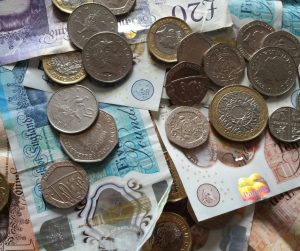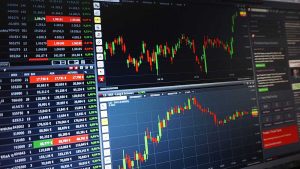When markets wobble, the natural instinct is to act.
Sell something. Move to cash. Change the strategy.
But in investing, activity is not always progress – in fact, doing nothing is often the most profitable move you can make.
The Power of Staying Put
The reason is simple: compounding.
Compounding works when your returns generate returns on themselves. But compounding only works if you stay invested.
If you jump in and out of markets – especially during downturns – you interrupt the process and miss the best recovery days.
The Danger of Missing the Best Days
A JP Morgan study showed that if you missed just the 10 best days in the market over 20 years, your returns could be halved. And guess when most of those “best days” happen? Right after the worst ones – when most investors are on the sidelines.
A Real Example
In March 2020, one of our clients called to say they wanted to “sit this out” by selling everything. We explained the data, rebalanced slightly for comfort, and they stayed invested. By August, their portfolio had recovered and was in profit – while those who bailed were still waiting to get back in.
When Doing Nothing is Doing Something
Doing nothing doesn’t mean ignoring your portfolio. It means:
- Sticking to your long-term strategy.
- Rebalancing when allocations drift too far.
- Reviewing risk tolerance, not chasing headlines.
The Hartey Wealth Management Edge
We design portfolios with the expectation that markets will drop – because they always do at some point. With ISO 22222 and BS 8577 standards, our strategies are built for resilience, not reaction.
If volatility makes you want to “do something”, let’s talk before you do – you might thank yourself later.








